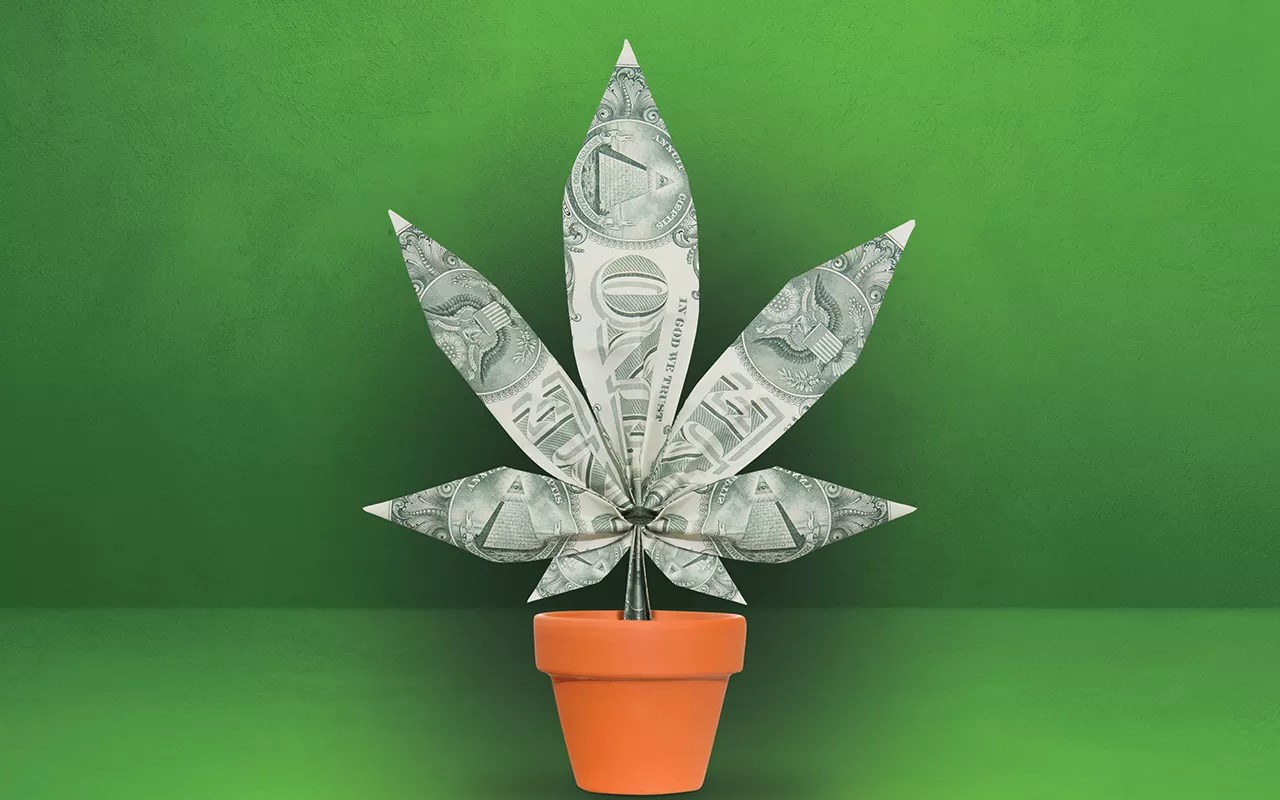
iStock

Audio By Carbonatix
Denver City Council will consider putting an initiative on the November ballot that would raise total taxes on recreational marijuana sales in the city above 30 percent in order to fund out-of-school learning.
My Spark Denver would increase the city’s recreational marijuana sales tax rate by 4.5 percent, in order to raise funds for stipends that would be distributed to Denver families for learning enrichment programs. According to proponents of My Spark Denver, the tax hike would collect $22.5 million annually for an estimated 20,000 kids ages five to eighteen who live within city limits. Under the proposal, 0.3 percent of Denver’s current marijuana tax revenue, or around $1.5 million per year, would go to My Spark Denver.
Colorado voters rejected a proposal for a program similar to My Spark Denver last year. Proposition 119 had asked for a 5 percent increase in marijuana sales taxes statewide to help fund a new out-of-school education program. Although that measure lost by an 8.5 percent margin across the state, it was more successful in Denver, where nearly 49 percent of voters approved the program. Gary Community Ventures, a nonprofit organization that advocates for educational resources in underserved communities, spent over $1 million on Prop 119, and is reportedly pushing the My Spark Denver initiative.
The $1,000 stipends could be used for out-of-school programs that provide tutoring and “supplemental academic instruction” in core educational areas, as well as sports activities, career training or mental health. Funds could also be used for educational materials and transportation required to participate in such programs. The money would not be available for school tuition, instruction that takes place during in-school learning hours or religion or theology courses.
If put on the ballot and approved by voters, My Spark Denver would require the city to partner with an unnamed “Colorado non-profit entity” to oversee the program and distribute the funds. According to the current language of the proposal, the sole purpose of the nonprofit would be to administer My Spark Denver. The program would be required to conduct financial audits beginning in 2028 and every third year thereafter; it would also issue an annual summary report to Denver city agencies.
My Spark Denver would be run by a nine-member board of directors, with seven members appointed by the mayor. The other two would be a Denver City Council member appointed by the council, and the superintendent of Denver Public Schools or an appointee chosen by the DPS superintendent. Boardmembers could own businesses in the learning and educational fields but would have to recuse themselves from votes that presented a conflict of interest, according to the draft initiative.
Eligible educational providers would be screened and selected by the My Spark Denver board. Public schools and public-school teachers would be pre-authorized as providers, according to the draft. Although children would have to live in Denver and be eligible for public-school admission in order to qualify for funds, the My Spark Denver draft doesn’t specify whether a child would actually have to be enrolled in a public school.
Colorado currently has the third-highest marijuana sales tax rate in the country, behind California and Washington. It imposes a 15 percent special state sales tax on recreational marijuana sales. Local governments then add their own taxes on top of the state’s.
Denver’s current tax rate, 26.41 percent, is among the highest in Colorado. If My Spark Denver goes through, recreational pot sales in Denver would be taxed at a total of 30.91 percent.
We’ve reached out to Gary Community Ventures for comment on My Spark Denver. In the meantime, here’s the draft language of the initiative, which is subject to change before the final version is filed with Denver City Council; that deadline is July 14.